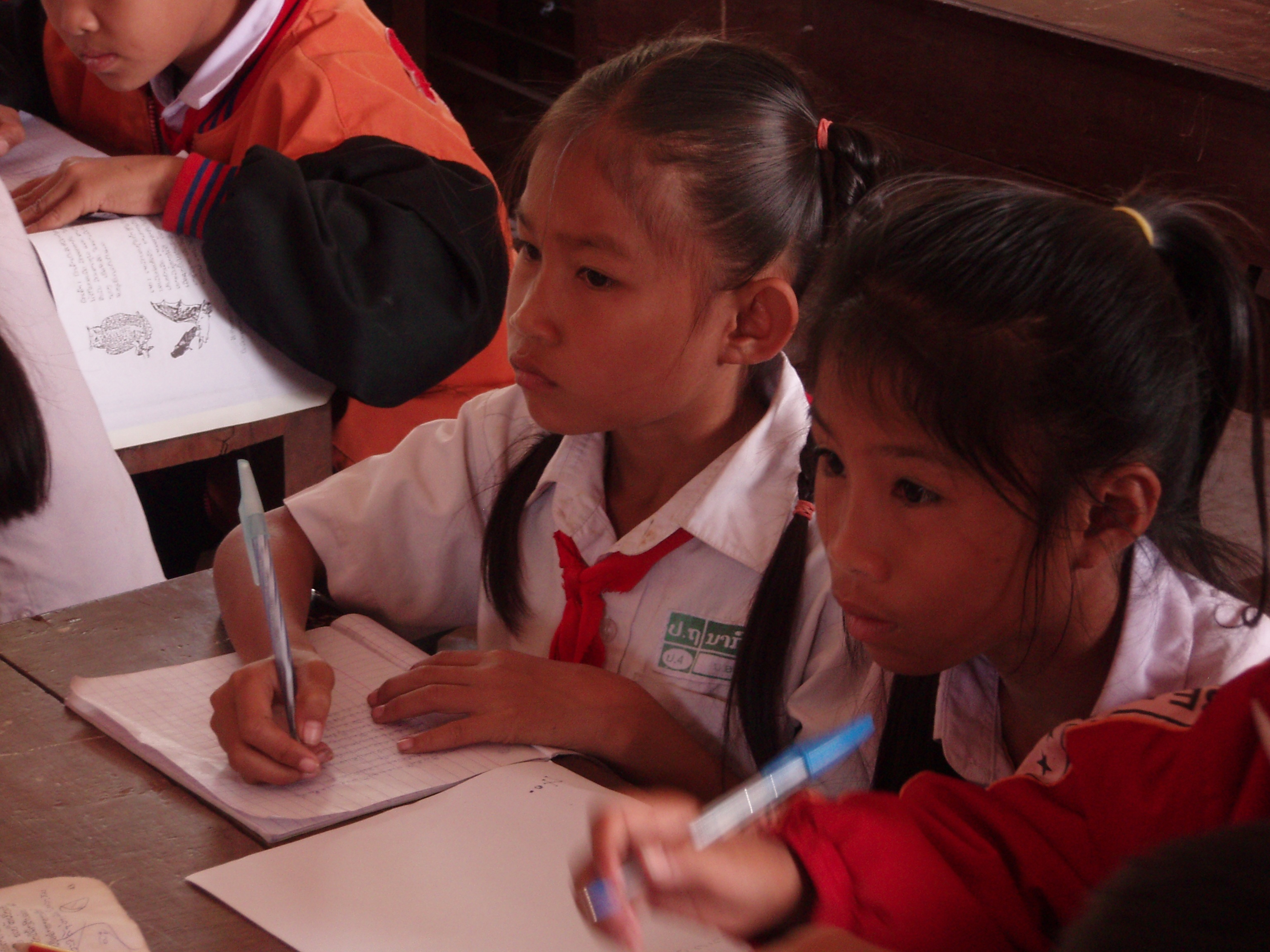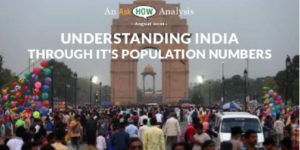How can our NGOs be more impactful?featured

If you draw up a list of the top three Non Governmental Organizations (NGO) in India, Pratham would be one of them. Established twenty five years ago, Pratham has worked with children in urban slums and poor villages to improve their education levels. The organization and its founders have been recognized many times and rightly so.[1] It is thus very disheartening to realize that there is only so much that even excellent institutions like Pratham can achieve.
It is well known that primary education in India is in a woeful state. In its 2019 report, ASER stated that only 1 in 2 students in Class V in rural India could read even Class II text. Less than 1 in 3 in Class V could do division. ASER has been carrying out these surveys for more than a decade and the results have always been very bad.
Pratham was set up to address this situation. On its website, Pratham claims to have reached 6.8 Million kids through partnership with the government.[2] This sounds like a huge number and it is. However, it is less than the 3% of the 260 Million kids in our schooling system. India has many other NGOs working in the education sector such as Azim Premji University (APU), Akanksha, Akshay Patra. However, it is very unlikely that all of them put together reach 10% of the school going children in the country!
Why is the scale of our largest NGOs so small? One big reason is money. The annual budget of Pratham is only 54 Crore whereas the different state and central governments spent Rs. 234, 738 Crore on school education in 2014-15. NGOs, howsoever efficient, cannot come close to matching the sheer size of government.
Of course, organizations like Pratham and APU know this and that is why they leverage their learning and expertise to change the education policy in addition to teaching kids directly. In fact, I think that Pratham actually understates its own impact as its survey ASER, has changed the dialogue on education across the country.
However, all NGOs come across one formidable hurdle. The system does not prioritise improvement. We know from experience that no amount of knowledge of exercise is going to help if we do not wish to be fitter. Similarly, the impact of these NGOs (and of well meaning teachers and officers in the system) is blunted in face of indifference.
Why this indifference? On the face of it basic primary education should be a bipartisan issue. Right leaning folk would agree that a good quality basic education is an essential ingredient of a strong nation. Similarly, no left leaning person would disagree that our lousy primary education is a massive human rights violation, taking away opportunities for advancement from large swathes of population. And yet, most of the debate on education I see is on what is in the text books and not whether the children can actually read those books.
The debate on textbooks can get pretty animated because we get excited about what divides us. Consensus is boring. If Kauravs and Pandavs had worked out their differences without going for a big war, the epic would not have been written. If Game of Thrones ended with Cersi, Sansa and Daenerys sharing power after talking it over a cup of tea, it would have been the most disappointing ending of all times[3].
Therein lies a clue perhaps. We need to make improvements in primary education newsworthy so that the incentives of the system changes. Maybe if there were awards for the states that made the most improvement in primary education every year? Or any other measures that focus the energies of hard core political parties on the subject. Because without such focus, many students are destined to go through the school system, barely able to read or do math. The excellent efforts of many NGOs and individuals notwithstanding.
What do you think? What would be some interesting ideas on increasing the importance of education in public discussions
[1] I do not understand the process / criterion of giving national awards but I find it surprising that stalwarts like Madhav Chouhan, founder Pratham, have not received any.
[2] The direct number of children reached is much smaller.
[3] Yes even more disappointing than the HBO ending!
Author –
Yogesh Upadhyaya
(Yogesh Upadhyaya is one of the founders of AskHow India. Blogs are personal views.)
Raghav Madhukar is a student.
NB:
A. Although the article has been written in first person singular, both authors have contributed to it.
B. For the record, this piece is not a criticism of Pratham or any other NGO. If a NGO impacts even 1 student, it is immensely creditable.
Follow AskHow India on Twitter. @AskHowIndia
Want to read up more on primary education?
- How can we have quality education for all?
- Headmaster / entrepreneur.
- The goal of education system must be to teach.
Image Credit : Image by Welcome to all and thank you for your visit ! ツ from Pixabay



